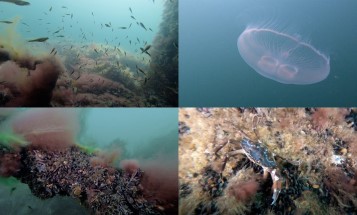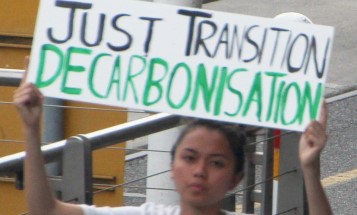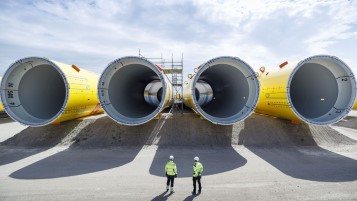
Electrification key to meet climate goals in Europe
Decisive action needed to meet Paris agreement goals, Eurelectric study shows.
Decisive action on climate change is needed to meet the climate goals set by the Paris agreement, requiring a major shift to electricity in transport, buildings and industry in the EU, a new study by the European power sector organization Eurelectric presented today.
“The conclusions of the study are completely in line with Vattenfall’s strategy to become fossil-free within one generation. Electrification offers great potential to deeply decarbonize transport, buildings and industry,” says Magnus Hall, President and CEO of Vattenfall and Eurelectric Vice President.
To reach a 95 percent emissions reduction by 2050, at least 60 per cent of final electricity consumption is needed. This is achievable with a 1.5 per cent year-on-year growth of EU electricity use whilst at the same time reducing the EU’s energy consumption by 1.3 per cent per year.
Full EU decarbonisation by 2050 would require an electrification share of 63 per cent in transport and buildings respectively and 50 per cent electrification share in industrial processes. The study also points out that different starting points across EU countries will require different pathways and level of efforts.
“Supporting the energy transition, we roll out our electrical vehicle charging network InCharge across north western Europe, we provide customized decentral and integrated energy solutions to real estate owners with InHouse, and develop fossil-free solutions with for example the steel and cement industries,” says Magnus Hall.
The report follows a vision declaration by Eurelectric last December, in which it committed to work for an accelerated energy transition and pursue a fully carbon neutral power sector before 2050. Eurelectric will now examine a set of detailed pathways to reach full carbon-neutrality of the power industry even before 2050.
Facts
Eurelectric’s study shows that in 2015 direct electrification in the EU ranged between 18 per cent and 32 percent, where the Nordic and Baltic countries had the highest share and Poland the lowest. Key economies such as Germany reached 22 per cent, while the direct electrification rate in the UK and Ireland was 21 per cent.
Link to video, slide pack and report
Facts about Eurelectric
Eurelectric is the sector association representing the common interests of the electricity industry at pan-European level. Eurelectric represents 3500 companies across Europe with an aggregate turnover of €200 bln. It covers all major issues affecting the sector, from electricity generation and markets, to distribution networks, customers, as well as environment and sustainability issues.



